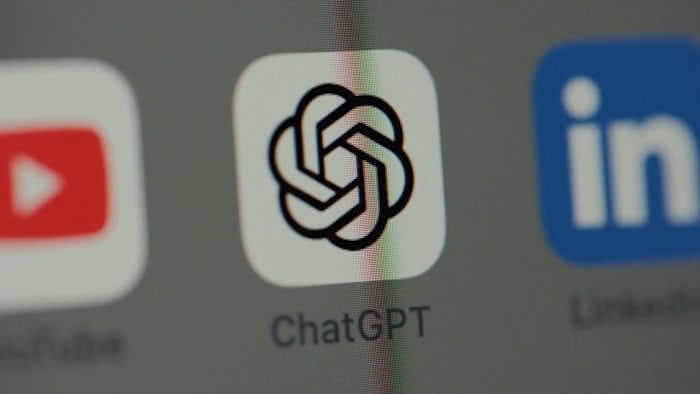SAN ANTONIO – In today’s technological world of artificial intelligence, students must embrace the benefits of the new learning tool, but also be aware of its ethics.
Dr. Deepti Tagare works closely with AI at the University of Texas at San Antonio.
She’s very familiar with ways it can be used as a helpful tool for both teachers and students.
“A lot of the tools we see are built for students and teachers to make tasks efficient,” Tagare said. “It can help teachers with coming up with lesson plans or develop learning materials and activities in class. They would take those ideas that AI gives them and modify them to adapt to the needs of their classroom. At the end of the day, the teacher is still the final say, but it can save them time and the effort of designing every class every week with giving them creative edges. For students, it can be used as a tutor.”
She added she would also warn against using artificial intelligence without vetting it first.
“Blind trust in AI is not advisable,” Tagare said. “AI does make mistakes. It is not flawless, and those mistakes can have serious consequences in life.”
Tagare said people with an excessive dependency on AI will have challenges in their learning process.
“This could especially lead to academic dishonesty,” she said. “A student without understanding the material will end up just copying and pasting what AI is giving them. We want to discourage that in our students. I want them to learn and know what they are working with, so we educate students to be AI literate, where they understand the limitations of AI. This will help them know the right time to use it or when it is inappropriate to use it.”
David Vela, an AP World History teacher at Thomas Jefferson High School, agrees with the sentiment.
“Use it as a study partner or tutor,” he said. “Ask it the right questions. You wouldn’t ask it, ‘What is 2+2?’ It would just tell you the answer, and there is no learning behind it. Ask it the who, what, when, where, and how questions. ‘How did you come to that conclusion? Explain this step.’ Kids, they love to go to the gym and workout. This is the same kind of thing. You’ll get stronger and better by going through the process. The brain will get stronger and better by going through the process. You are just using a different and faster medium than what the generations before us used.”
Vela said his goal is to teach his students how to use AI ethically, and he’s encouraging his fellow colleagues to get on board, too, so that they are aware of both the pros and cons of having AI in their education.
In the past, programs have been used for teachers to spot when plagiarism has taken place, and with AI, similar red flags are seen in assignments, too.
“Some indicators are, a lot of times, students who usually write sentences in as few words as possible have started giving long worded essays,” Tagare said. “Or the sentence structure is almost perfect for an 8th-grade student who would most likely make a mistake when writing. AI tools can also be good at mimicking a student if you ask it to, but it would still maintain the commas and punctuation marks. Perfect punctuation is another sign AI has been used here.”
Consequences for using AI unethically vary from school to school, but all can be damaging to a student’s reputation.
“The first or second time that dishonesty is noticed, talk to the students and warn them against doing that,” Dr. Tagare recommended. “But if there is a constant pattern, then there will be lower grades or asking them to do something again until it is proven they have put in the work.”
Expulsion, not receiving a diploma or having to retake a class all over again are other consequences of cheating.
Like Tagare, Vela also added that another consequence is that the student will not retain any important information needed in the long term.
They both recommend that teachers do all they can to jump into the world of AI.
“I feel all teachers, no matter what the subject, need to familiarize themselves with the capabilities of AI, and because it is evolving fast, keep up with what is happening and how to keep up with it today,” she said. “Know where it is heading and what are the limitation of it that could impact students like incorrect output or bias output. Looking at those aspects and keeping themselves with those aspects and knowing what’s going on.”
They said parents could benefit from learning how to use AI as well.
“I recommend parents to not be adverse to technology and go all in to see how it works and interact with it like your child would,” Dr. Tagare said. “So that they are aware of the drawbacks. A lot of times, parents are not aware of what technology could do, and so they are unable to guide children to not do something that is not good for them. It is a double-edged sword. But if you are a friend of technology, you are better equipped with making a right decision versus you running away from it.”
Copyright 2025 by KSAT – All rights reserved.

